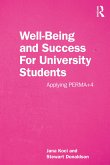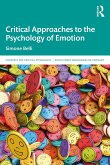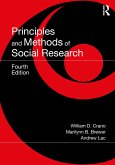Well-Being and Success for University Students: Applying PERMA+4 is grounded in the science of well-being and positive psychology and teaches students how to strengthen their health and well-being, as well as to make their study journey more enjoyable and successful. Higher education has changed dramatically during the last few years, and given the massive growth of mental health challenges among students, universities and faculty have recognized the need to help students to strive, not only survive. Universities have a great potential and responsibility to promote the well-being of their students. This book provides students with information, motivation, and skills to build their own unique well-being and helps colleges to produce more well-being in the university culture.
Students and faculty will be introduced to PERMA+4, an evidence-based framework for enhancing well-being and positive functioning, including academic performance. This book emphasizes practical applications of findings from the best available research to have students learn several steps they can take to strengthen their well-being and academic performance. Individual chapters talk about popular topics of positive psychology such as positive emotions, engagement, relationships, meaning, achievement, physical health, mindset, environment, and economic security. Each chapter summarizes the knowledge on specific topics, invites students to assess their well-being in the particular life domain, and encourages them to explore and try activities and evidence-based interventions to learn how to care for their own mental and overall health.
This book not only serves as a guide for students but also as a useful tool for professors seeking to enhance their courses and programs with well-being promotion and student wellness centers across the world.
Students and faculty will be introduced to PERMA+4, an evidence-based framework for enhancing well-being and positive functioning, including academic performance. This book emphasizes practical applications of findings from the best available research to have students learn several steps they can take to strengthen their well-being and academic performance. Individual chapters talk about popular topics of positive psychology such as positive emotions, engagement, relationships, meaning, achievement, physical health, mindset, environment, and economic security. Each chapter summarizes the knowledge on specific topics, invites students to assess their well-being in the particular life domain, and encourages them to explore and try activities and evidence-based interventions to learn how to care for their own mental and overall health.
This book not only serves as a guide for students but also as a useful tool for professors seeking to enhance their courses and programs with well-being promotion and student wellness centers across the world.








